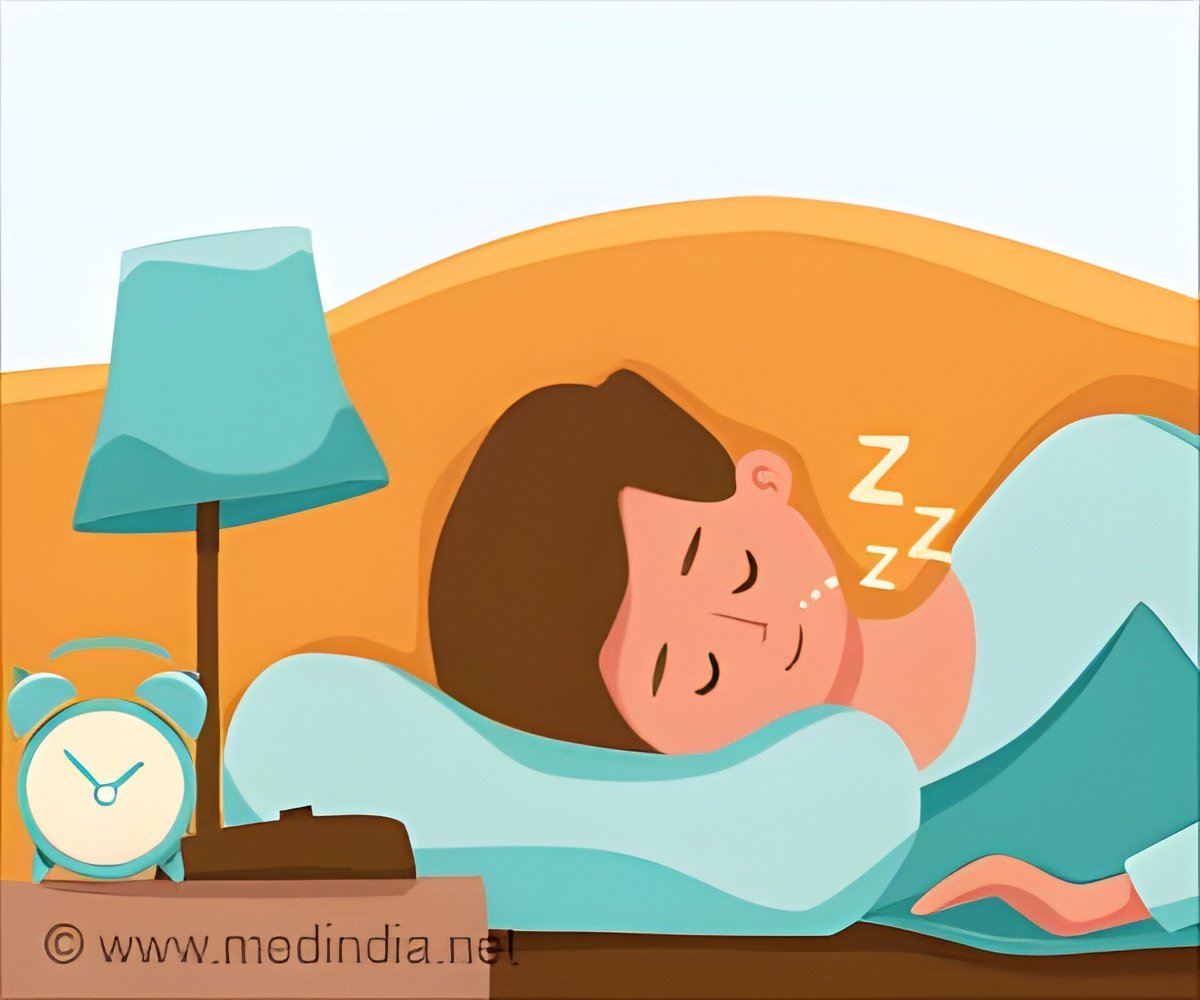But the main challenges lie in securing sufficiently high vaccine coverage and being able to respond quickly enough to variants that may evade immunity.
‘Main challenges in COVID-19 eradication are securing high vaccine uptake and response to emergence of variants.’
To estimate the feasibility of COVID-19 eradication which is defined as ‘the permanent reduction to zero of the worldwide incidences of infection caused by a specific agent as a result of deliberate efforts’, researchers compared it with two other viral scourges for which vaccines were/are available—smallpox and polio–using an array of technical, sociopolitical, and economic factors that are likely to help achieve this goal.
They used a three-point scoring system for each of 17 variables. These included: factors such as the availability of a safe and effective vaccine; lifelong immunity; impact of public health measures; effective government management of infection control messaging; political and public concern about the economic and social impacts of the infection; and public acceptance of infection control measures.
The average (total) scores in the analysis added up to 2.7 (43/48) for smallpox, 1.6 (28/51) for COVID-19, and 1.5 (26/51) for polio.
“While our analysis is a preliminary effort, with various subjective components, it does seem to put COVID-19 eradicability into the realms of being possible, especially in terms of technical feasibility,” they write.
They acknowledge that relative to smallpox and polio, the technical challenges of COVID-19 eradication include poor vaccine acceptance, and the emergence of more highly transmissible variants that may evade immunity, potentially outrunning global vaccination programmes.
Other challenges will be the high upfront costs (for vaccination and upgrading health systems), and achieving the necessary international cooperation in the face of ‘vaccine nationalism’ and government-mediated ‘antiscience aggression’.
Unlike smallpox and polio, COVID-19 also benefits from the added impact of public health measures, such as border controls, social distancing, contact tracing and mask wearing, which can be very effective if deployed well.
They also suggest that the upgrading of health systems to get rid of the virus can also help in controlling other infections and even eradicate measles.
Elimination of COVID-19 has been achieved and sustained for long periods in several jurisdictions in the Asia-Pacific region, providing proof-of-concept that global eradication is technically possible.
Though their study is a preliminary one, more extensive in-depth work is required. The World Health Organization, or a coalition of national-level agencies working collaboratively, needs to formally review the feasibility and desirability of attempting COVID-19 eradication.
Source: Medindia



